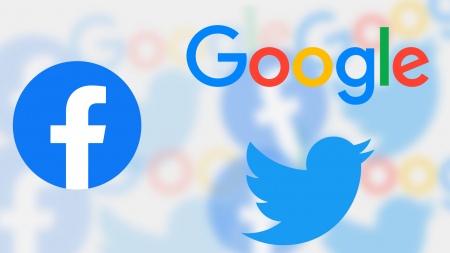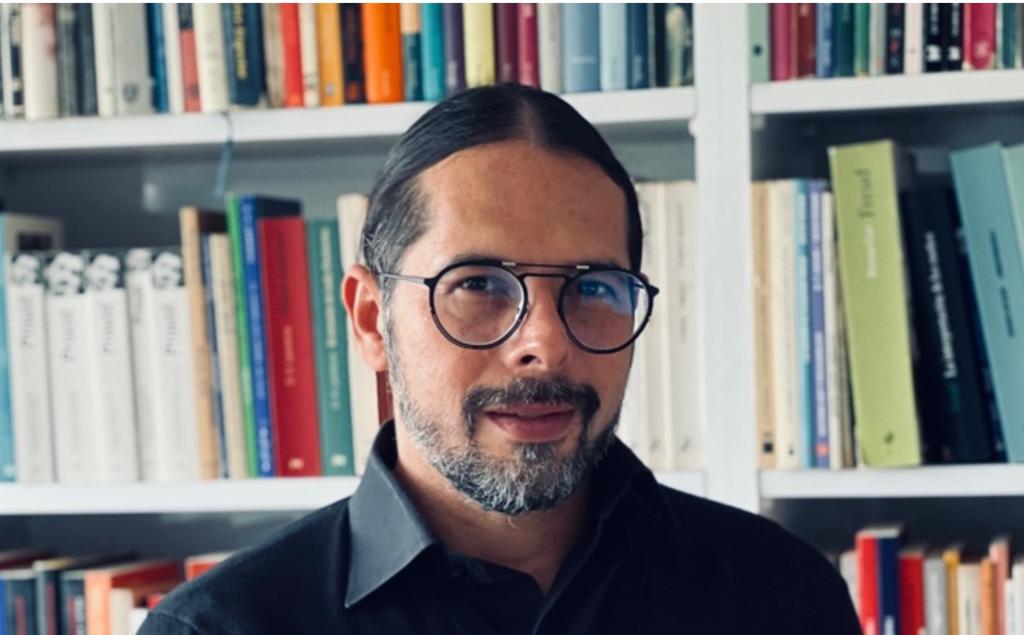The Supreme Court of the United States analyzed a case that could transform the internet, but gave no indication that it had decided to reform the law that exempts technology companies such as Google or Facebook from being legally responsible for the content they disseminate.
“We are in a delicate situation, because it is a law that was drafted in another era, when the internet was completely different“, summed up judge Elena Kagan, reported the AFP agency.
The Supreme Court is studying the scope of a law that, since 1996, grants some immunity to large digital platforms.
The attacks in Paris and the complaint to Google
The case is linked to the November 2015 attacks in Paris and stems from a complaint against Google filed by relatives of Nohemi González, one of the 130 victims of these attacks.
The young American, who was studying in France, died in the La Belle Equipe cafeteria at the hands of a commando from the Islamic State (IS) group.
His parents They accuse YouTube of having recommended videos of the jihadist group to some of its users.
According to them, “by recommending IS videos to its users, Google helped the Islamic State spread its message and thus provided it with material support.”
What is “section 230”?
Federal courts dismissed the complaint in the name of a statutory provision known as “section 230,” which was adopted when the internet was in its infancy and became one of its mainstays.
this section decrees that internet companies enjoy legal immunity for the content they publish because they are not a publisher.
On the contrary, the relatives of Nohemi González estimated that Google did not limit itself to distributing IS content, but that its service selected users to offer them the videos of the jihadist group, so it cannot claim this immunity.
“The problem is that when you click on a video, YouTube will automatically keep sending you other videos that you haven’t requested,” said Eric Schnapper, on behalf of the González family.
But according to Lisa Blatt, who represented Google today, the term “recommendation” is overkill.
“There are 3,500 million daily queries in the search engine. (The answers) are different for each person and they could all be considered as recommendations,” he said, before assuring that “the Internet would never have taken off if everyone could demand all the time”.
Tech giants ask not to innovate
google him asked the Court “not to weaken a central part of the modern internet, since the recommendations provided by the algorithms are what make it possible to find the needles in humanity’s biggest haystack,” he emphasized.
For his part, he Meta group (Facebook, Instagram, WhatsApp)insisted that “the recommendations only serve to organize the content published online, but do not constitute editing work.”
Background
In the past, several Supreme Court justices have expressed their desire to change the reading of article 230, that politicians are increasingly questioning, although the divisions between Democrats and Republicans make it difficult to change it.
By accepting this appeal, when it usually dismisses the vast majority of cases brought before it, the high court has hinted that it may be willing to change the jurisprudence.
This perspective that scares the big technology groups.
However, in addition to issuing doubts about the validity of section 230the judges have expressed their frustration with the complexity of the subject, while artificial intelligence continues to advance at full speed, with the recent appearance of interfaces such as ChatGPT.
“In a post-algorithmic world, AI can generate content, even by following neutral rules. It can generate poetry, it can generate controversy,” judge Neil Gorsuch launched.
And the high court judges “are not the nine greatest experts on the internet,” Kagan noted, making the audience laugh.
“If we side with them, suddenly Google is no longer protected. And maybe that’s what Congress wants, but isn’t that something for Congress to decide, not the court?” he asked.
Changing the jurisprudence could “cause the digital economy to collapse, with all sorts of consequences for workers and pension funds, etc,” Judge John Roberts noted for his part, AFP added.
On Wednesday, the Supreme Court will examine a similar case, but it raises a different legal question: If there were no Article 230, could platforms be convicted under anti-terrorism laws, even if they did not directly support an attack?
The court will issue a sentence for both cases before June 30concluded AFP.


















